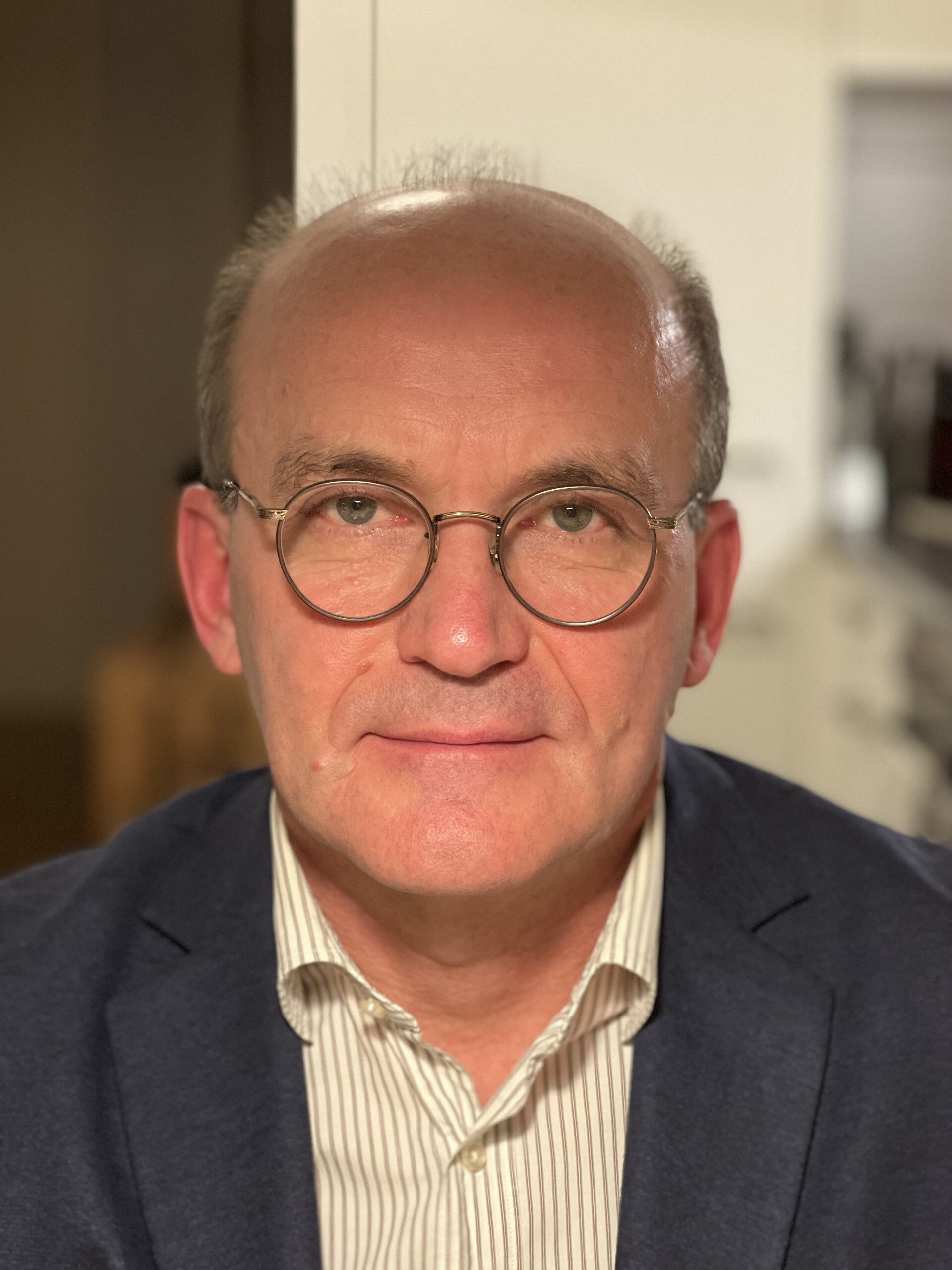Title: Efficiency-limiting pathways in organic materials and opto-electronic devices – the role of triplets
Organic optoelectronic devices such as organic solar cells (OSC) and light-emitting diodes (OLED) have made great progress in recent years, but further improvements in performance may certainly boost their application. Triplet states are known to adversely affect OSC efficiency by opening a channel for non-radiative recombination pathways. However, they are notoriously difficult to detect and study with established spectroscopic methods. Here, we use the complementary spin-sensitive methods of photoluminescence detected magnetic resonance (PLDMR) and transient electron paramagnetic resonance (trEPR) to unravel exciton pathways in OSC blends employing various polymer donors with non-fullerene acceptors (NFA). We reveal that all blends form triplet excitons on the NFA moiety populated via non-geminate hole back transfer and, in some cases, also by spin-orbit coupling driven intersystem crossing. Identifying these triplet formation pathways in tested solar cell absorber films highlights the untapped potential for improved charge generation to further increase efficiencies. In addition, excited triplet states are also a crucial intermediate step in next-generation organic OLEDs that use thermally activated delayed fluorescence (TADF) to convert non-emitting triplets into emitting singlet states. Therefore, we also discuss the role of triplet excited states in the electroluminescence (EL) of an OLED, where we also use spin-sensitive EL measurements.


